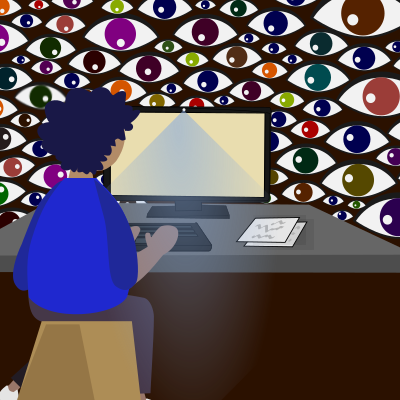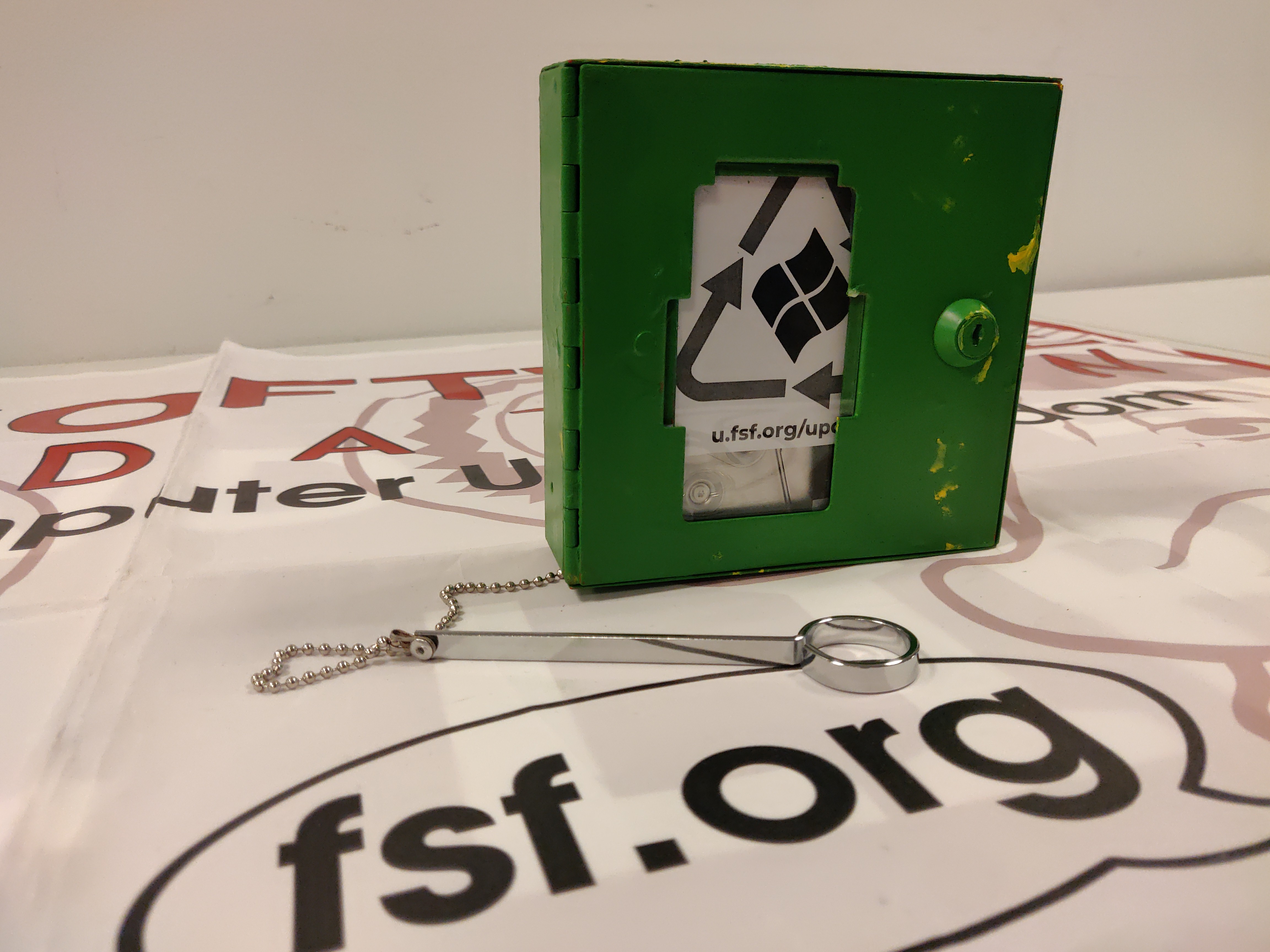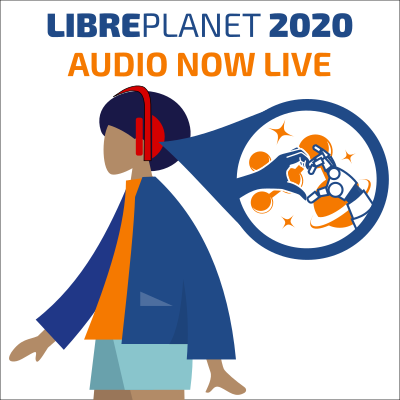
As countries around the world are beginning their long and slow
recovery from the coronavirus, schools and universities may have to
continue their struggle to give their students a quality education
while using remote communication services until the end of the
year. With the need to continue classes and exams, school
administrators have ended up relying on proprietary conference tools
like Zoom to stay connected, and are unfortunately turning to
contracting proctoring businesses with names like ProctorU,
Proctorio, and Examity to monitor testing and exams.
The increased use of proprietary test-administering software is a
dangerous development, both because of the software's proprietary
nature, and because of its inherent purpose of exposing a student's,
or in some cases a family's, data to the proctor. In schemes like
these, the user ends up sacrificing both personal information and
biometric data. Because the software is proprietary, there's no
possibility of understanding how it works -- besides leaking personal
data, it could also create security concerns or deliver bad quality
tests (and results). Requiring students to cede control over their
entire computer to a test proctoring company is fundamentally
unjust. Worse, we cannot be sure that any of these nonfree software
dependencies and their accompanying surveillance techniques will be
rolled back after social distancing guidelines are no longer enforced.
It is important that decisions made in the education sector are first
and foremost ethically motivated. Here at the Free Software Foundation
(FSF), we have started a free communications working
group. Initiatives include a remote communication email list, as
well as a collaborative resource page for documenting and sharing
free communication tools to help spread awareness of the ethical
choices that can be made. We have also been assisting educational
professionals in offering their classes online using only free
software. And we have been reading many stories about activism in
education from the larger community, and want to share those with
you. They have inspired and motivated us. We need more people like
this around the world to be vocal and critical about infringements on
user freedom in the area of remote learning.
Students revolt against online proctoring
As educational institutions are scrambling to offer remote learning,
online proctoring companies will likely be used well into the
fall. These businesses require students to identify themselves with
valid ID, and then give consent to access their browser history. Of
course, the "consent" is hardly meaningful, since the student is not
given the option to take their test without monitoring, so this means
that they either submit to monitoring or flunk their exam.
The students are made to give a tour of their bedroom, desk, and
anything the proctor demands, in order to establish a "cheat-safe"
environment. The students are also forced to waive their rights so the
company can record their webcams and microphones, the student's
keystrokes, screen, mouse movements, and even facial expressions.
Students are also forced to consent to the organization's right to
retain much of what they gather from students’ computers and
bedrooms. The Daily Mail reports that "Examity's fine print notes
that students handed over their data 'at their own risk' because 'no
data protection procedures are entirely infallible.'" Reports have
centered around added stress for the students and inequality
issues, as well as (naturally) privacy concerns. Cory
Doctorow highlighted the issue that the software, by design,
allows the organization to hijack the student's hardware, leaving it
outside their control, even after the exam is finished, or when the
user wants it to stop.
But students in Australia took matters into their own hands, forcing
institutions and global media to recognize the issue at hand. Thirteen
groups from the Australian National University (ANU) wrote an open
letter calling for the university to find an alternative approach
that is acceptable for all students. And once the ANU open letter
gained some traction in media, other Australian student groups
followed their lead. The Washington Post reports that a
faculty group in California also recognized that the privacy and
digital rights of their students could not be sacrificed for the
purpose of the "expediency of a take-home final exam." In the
Netherlands, students of the University of Tilburg started a petition
against the use of proctoring software, which is currently signed
almost 5,000 times.
Free conferencing video implementations for classes
We have seen many reports on the dangers of using proprietary
conferencing tools like Zoom recently. Zoom has gotten enough
negative attention that New York City banned Zoom usage by
schools, sadly in favor of the equally dangerous nonfree Microsoft
Teams. Now, the recently launched Facebook Messenger Rooms
service is also receiving its fair share of criticism. But there
is hope yet, as some governments and institutions are expressing
concerns and are actively looking to preserve people's freedom.
In Italy, WeSchool, an organization dedicated to the
digitization of Italian schools, decided to opt for Jitsi over
proprietary tools like Zoom to help teachers bring their classes
online. We don't know the full extent of their commitment to freedom,
but their effort to provide a platform for teachers aiming to respect
the student's freedom, now that videoconferencing is such an
significant part of education, is laudable. Nearly two million
students connect, collaborate, and learn via video with the help of
this organization.
And in France, a temporary platform has been built by the French
government offering teachers and employees of the French Ministry of
National Education access to free software applications like Etherpad,
Nextcloud, and Discourse, tools that were also on our
recommendation list for free software tools to help us get
through social distancing.
In San Antonio de Benageber, near Valencia, Spain, one free software
advocate made a major difference in his community. Javier
Sepulveda was informed by his children's school that they intended to
continue teaching weekly lessons, using proprietary videoconferencing
software. Realizing this was not an isolated decision affecting only
his children, Javier turned the school's choice towards free
software instead.
After convincing the teachers, he set up a Jitsi Meet instance
on a virtual private server (VPS) with enough resources to be able to
offer this server to the school as well. He also continues to work
with the local English school, single-handedly mitigating a spread of
proprietary software in his community. Together with the local
GNU/Linux group, he then proceeded to set up another server, so
they could offer it publicly.
Advocacy matters
It's logical to seek remote connections during this time, but let's
not forget that businesses are filling their pockets because of
decisions made in urgency. It is wrong to open up students' personal
information to proprietary software companies, and to require students
to use a specific company's proprietary products in order to get
credit. As Javier puts it: "We need to make decisions based on the
welfare of the children." It is young people's futures that are at
stake, and the above examples show that advocacy matters. Small
successes are what we need to make a difference, and to give others
the confidence to take a stand.
Now is not the time to accept just any decision because of the unique
positions we have been placed in. We should stand up, and continue to
fight for our rights and lay bare the issues and solutions for
organizations struggling to make the right decisions. You can support
such efforts by sharing your knowledge, giving feedback to
institutions that are making decisions (right or wrong),
donating to the FSF and other organizations fighting for
freedom, and speaking out publicly about your successes. If you have a
success story to share, you can share it on the remote communication
email list, and we would be happy to help your story be heard.
Illustration Copyright © 2020, Free Software Foundation, Inc., by Zoë
Kooyman, Licensed under Creative Commons Attribution 4.0
International license.


